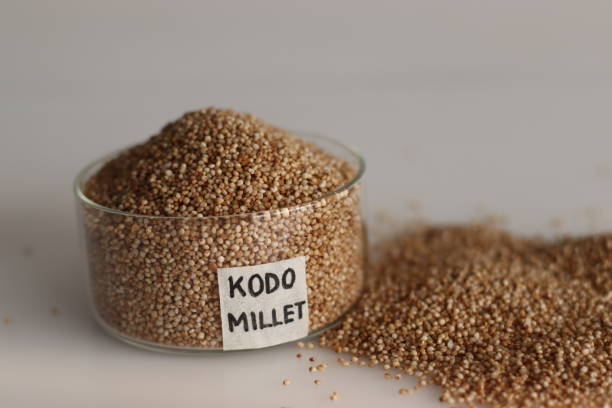Introduction to Kodo (कोदो)Paspalum – The Indian Millet
The Indian Millet is frequently used as a collective noun. Kodo Millet, scientifically known as Paspalum scrobiculatum. These tiny cereals, which are native to the world and have been cultivated for over 7000 years, are powerhouses of fiber, protein, vitamins, and minerals. They have recently regained their former glory, all thanks to a diet high in nutrients. Oats, in contrast to quinoa, are not a trendy food these days. Although they have always been available for human consumption, their popularity gradually declined in our nation with the introduction of international cuisines. Kodo millet is also known as cow grass, rice grass, ditch millet or Indian cow grass.
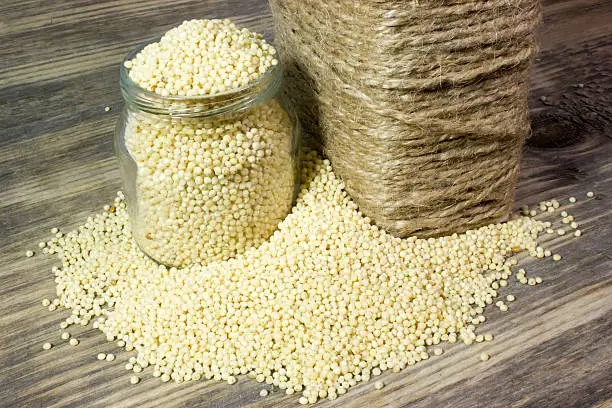
Nutritional Value in Kodo Millet
Kodo Millet Nutrient per 100g
| Nutrient per 100g | |
| Energy (Kcal) | 302 |
| Protein | 8.03 g |
| Carbohydrate | 69.9 g |
| Crude Fibre | 8.5 mg |
| Calcium | 22.0mg |
| Iron | 9.9mg |
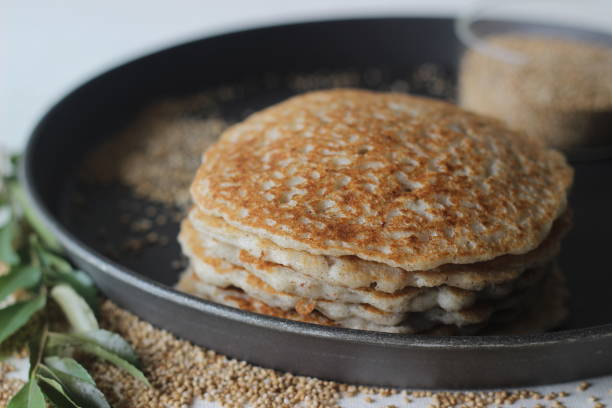
Properties of Kodo Millets
- It has antioxidant properties.
- It has lower blood glucose levels.
- It has lower blood pressure.
- It has anti-allergic properties.
- It has halted the abnormal growth of cells.
- It can reduce abnormally high lipid levels.
- It has antibacterial properties.
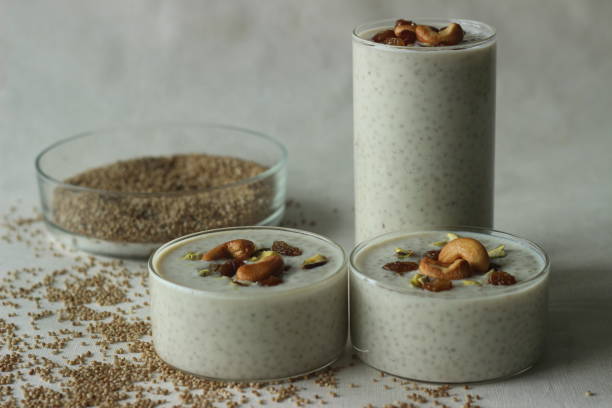
Benefits of Kodo Millet
Controls Diabetes
It’s time to move to millet if you have diabetes. Introduce kodo millets into your regular diet to help raise insulin levels and prevent those unexpected blood sugar spikes. Studies show that Kodo millet dramatically lowers glycated hemoglobin levels, stimulates the liver’s production of glycogen, and gives diabetics immediate energy boosts.
Battles Chronic Illnesses
Kodo millet is a remarkable source of potent antioxidants. This tiny millet’s phenolic extracts lower blood pressure, prevent heart disease, lower LDL or bad cholesterol, and prevent a host of other chronic illnesses. These antioxidants also work against free radicals, which harm tissues and cells and can lead to a variety of cancers.
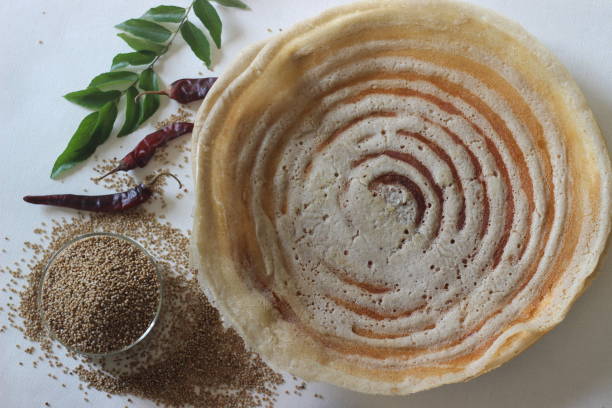
Helps with Weight Loss
For those looking to shed a few extra pounds, millet of all kinds is highly recommended. Kodo is a fantastic substitute for rice and wheat because it helps burn fat in the waist, belly, and hips by increasing metabolic activity and combating metabolic syndrome, which is particularly common in teenage boys and girls.
Healthy Heart
The leading cause of death worldwide is cardiovascular disease. It’s time to introduce millet because a healthy diet leads to a healthy heart. Frequent intake of Kodo millet not only maintains the health of this essential organ but also lowers bad cholesterol, controls blood pressure, combats anxiety, and makes you happy.
Heals Wounds
Kodo millet is a time-tested home remedy for healing external wounds. Mix one spoonful of fresh Kodo millet flour with water and apply it to the affected area on the skin to alleviate pain and also to accelerate the process of healing.
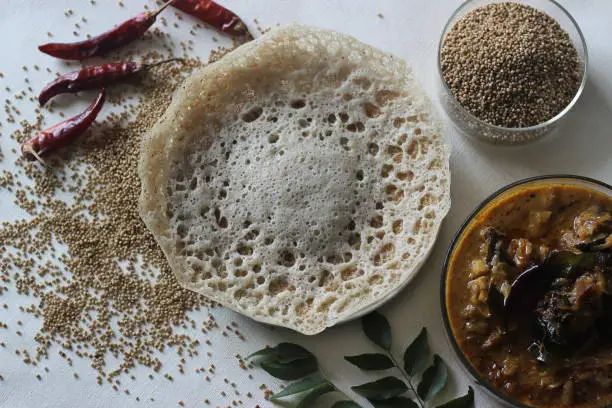
Ayurvedic Benefits
Kodo millet is categorized by the ancient Indian medical system, or ayurveda, as langhana, which means to bring lightness to the body. It falls under the Trina Dhanya Varga category (grains that are produced by grass like plants). It is regarded as a healthful food that is valued for its therapeutic, culinary, and medical qualities. Diabetics are advised to consume it to reduce fatigue and speed up the healing process from wounds. Being chilly by nature, it raises vata dosha while balancing problems brought on by pitta and kapha doshas.
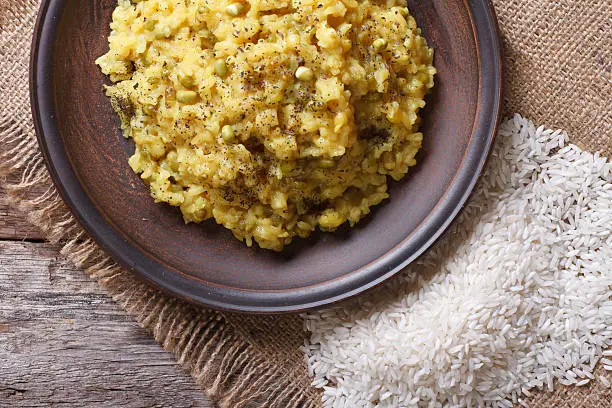
Is Kodo Millet Better Than Rice?
Rice and Kodo millet have the same amount of nutrients. White rice is an excellent source of calcium, iron, thiamine, folate, vitamin E, and carbohydrates for quick energy. Impressive amounts of protein, dietary fiber, healthy fats, calcium, and iron are provided by kodo millet. Even though rice is easily digested, people with diabetes should try Kodo millet because of their low glycemic index. Both have different cooking methods and are equally beneficial. Make it a point to consume the appropriate amounts of rice and Kodo millets to reap the benefits for your general health.

